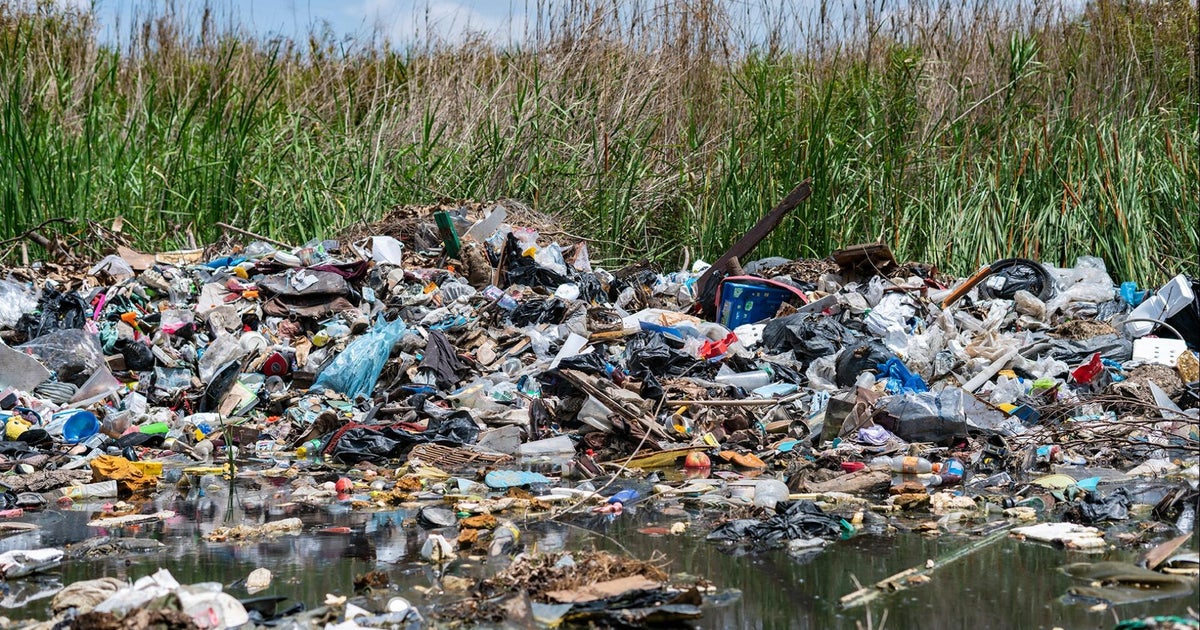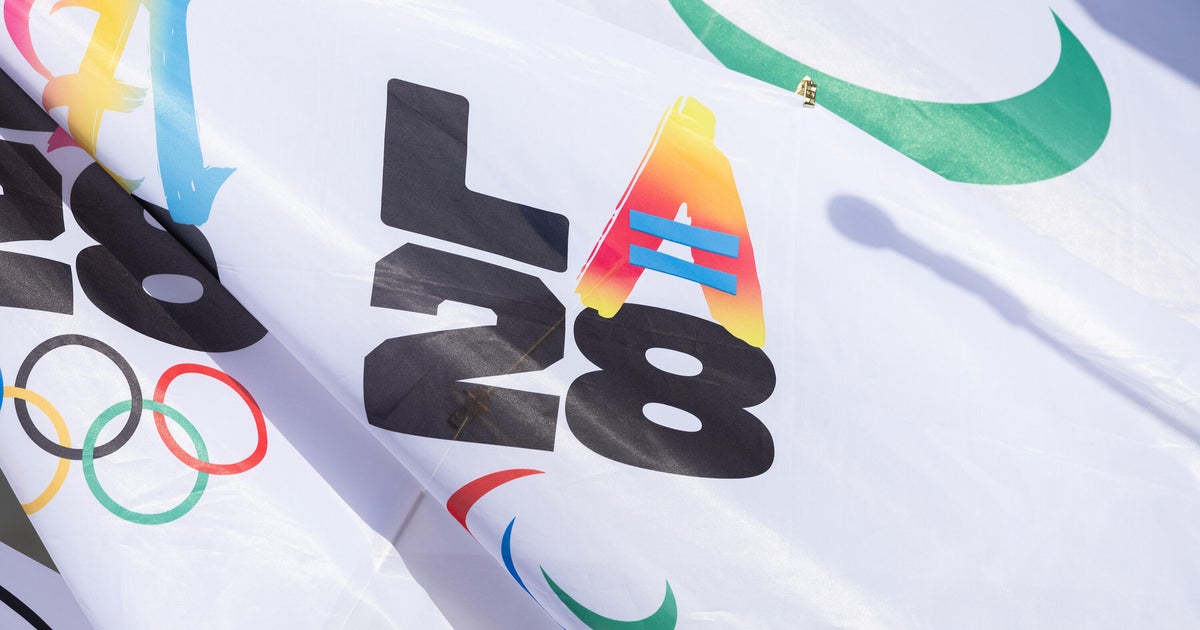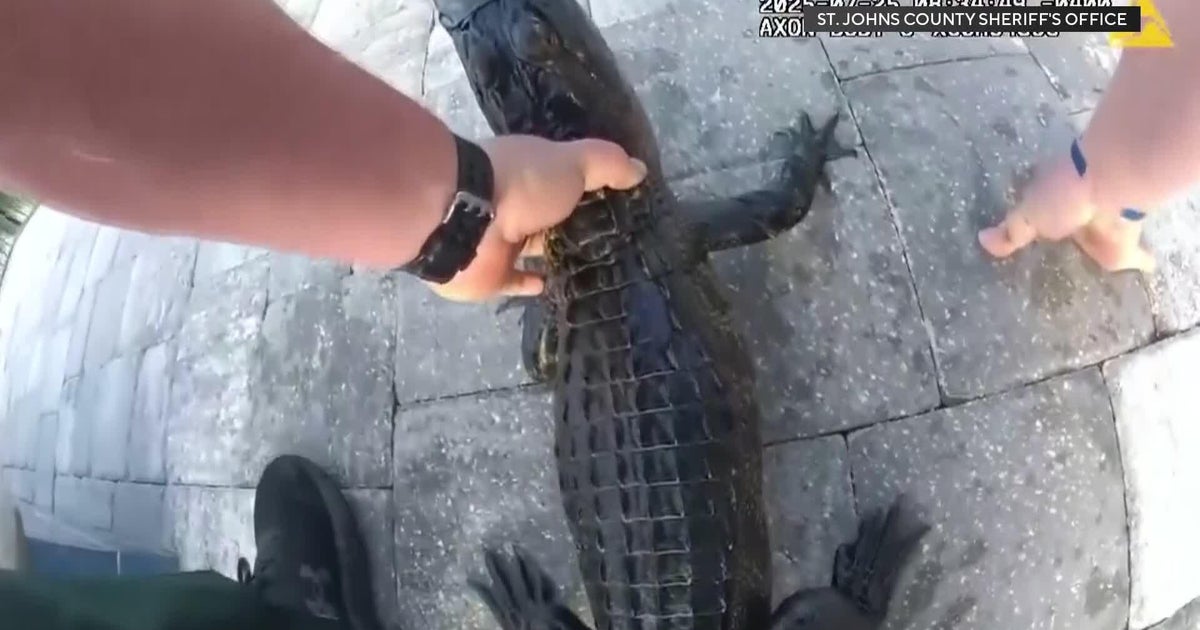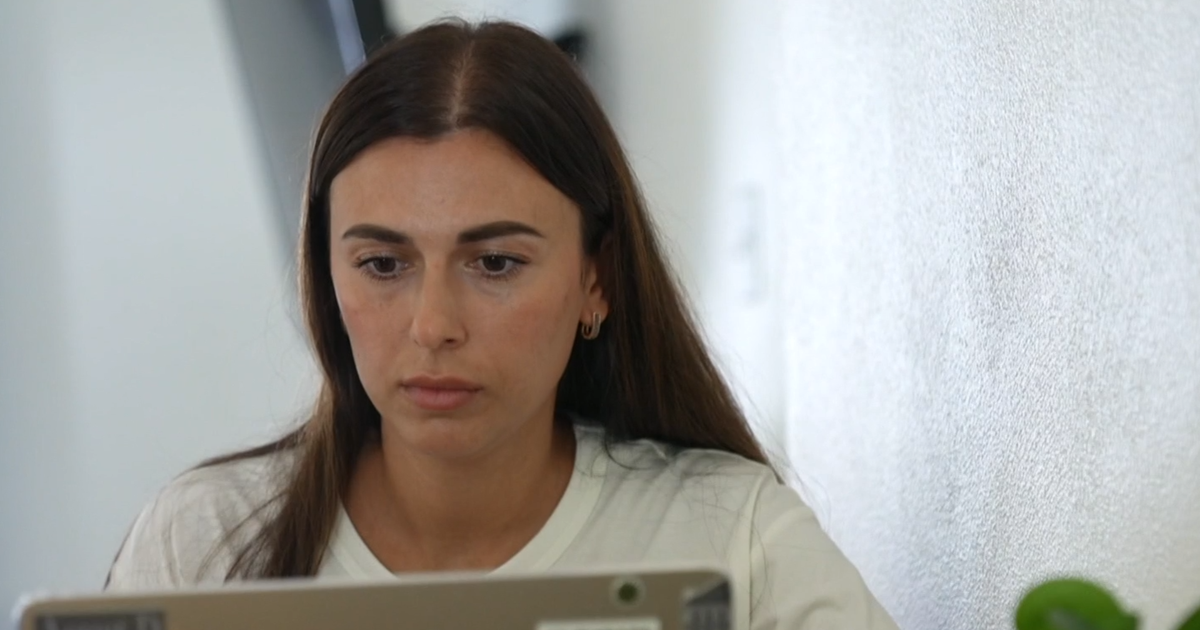On April 1, 2025, Dr. Lisa Carchedi gave her older sister, Gina Warsaw, a kidney and a chance at a longer life.
The date was important for the Maryland sisters, who are 15 years apart, because their father died six years ago on that day. Their father always preached that family comes first and foremost.
"I was willing to do it," said Carchedi, who is a psychiatrist at the University of Maryland Upper Chesapeake Health in Bel Air. "It was something I decided to do, and I was happy to do it."
Four months later, on Sunday, Aug. 3, National Sisters Day meant so much more for the siblings.
"Lisa's the best, I mean, she saved my life," Warsaw said.
A matching kidney donorOver the past few years, Carchedi witnessed the toll kidney failure and dialysis had on her oldest sister, and she wanted to help give her sister a second chance at life. Carchedi got tested as a possible living kidney donor, and she was a match.
"I kept asking, 'Are you sure? Are you sure?" Warsaw asked. "I couldn't believe my sister was going to save me from all that."
 On April 1, 2025, Dr. Lisa Carchedi gave her older sister, Gina Warsaw, a kidney and a chance at a longer life.
Contributed photo
On April 1, 2025, Dr. Lisa Carchedi gave her older sister, Gina Warsaw, a kidney and a chance at a longer life.
Contributed photo
Carchedi's donated kidney was removed using a minimally invasive robot-assisted technique performed by Dr. Chandra Bhati, a professor and chief of the Division of Transplant Surgery at the University of Maryland Medical Center (UMMC) in Baltimore.
"We just made a 7-centimeter incision and did a single port, which means the one incision, and the whole surgery was done through that single port, and that incision was around the belly button," Dr. Chandra Bhati said.
Bhati explained that this technique reduces scarring and speeds up recovery time for kidney donors.
"There are only a handful of surgeons across the country who actually use this robot to do the surgery. So we are one of those few centers who does this," Bhati said.
Sisterly loveThe sisters have been close throughout their lives.
Warsaw helped take care of Carchedi and her siblings as they grew up. Carchedi returned the favor in high school by babysitting Warsaw's four children and watching them grow into parents.
"I don't have my own biological children, so I told my nieces and nephews that I did this for them, and their kids, that it was my gift to them," said Carchedi.
Warsaw said that the kidney donation is something of a role reversal.
"Now I feel like she's my big sister, I'm the helpless one now," Warsaw said.
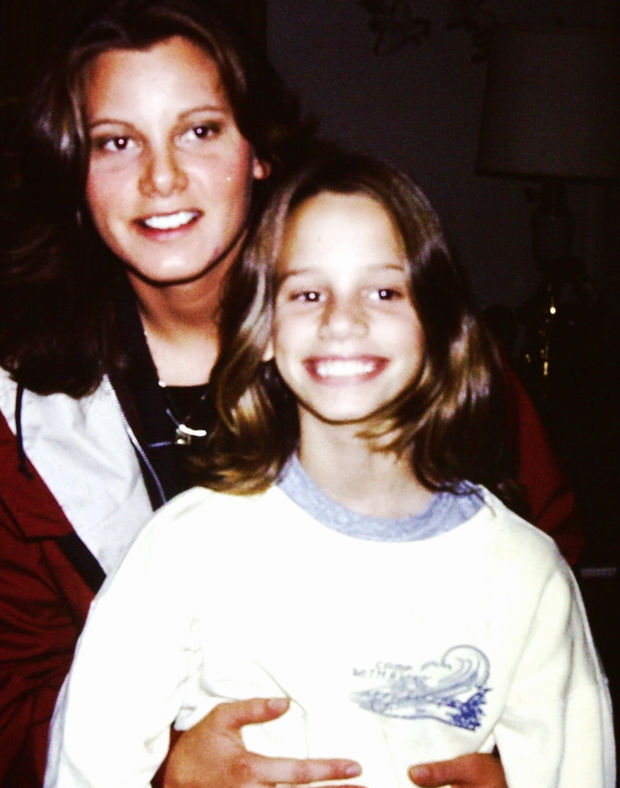 On April 1, 2025, Dr. Lisa Carchedi gave her older sister, Gina Warsaw, a kidney and a chance at a longer life.
Contributed photo
On April 1, 2025, Dr. Lisa Carchedi gave her older sister, Gina Warsaw, a kidney and a chance at a longer life.
Contributed photo
Warsaw's husband, Lewis, said he can't imagine a gift greater than what was given to his wife.
"In Hebrew, you'd call it a mitzvah when someone gives you something as valuable as this, and the mitzvah is coming from Lisa to Gina," Lewis Warsaw said.
Post-transplant recoveryPost-transplant recovery continues to go well for both sisters.
"I don't know what else she can put on her resume, but now she can put I am a kidney donor too," Warsaw said.
Warsaw explained that she's slowly regaining strength and getting back to doing some of the things she likes to do, including spending time with her grandchildren.
Carchedi took a few days off from work and is now back on the job as a psychiatrist at UM Upper Chesapeake Health's Klein Family Center.
In another post-transplant event, Carchedi's then-boyfriend, Dave Cosgrove, whom she met through their shared hobby of amateur ballroom dancing, proposed to her. They plan to get married in November.
More from CBS News
Janay Reece


